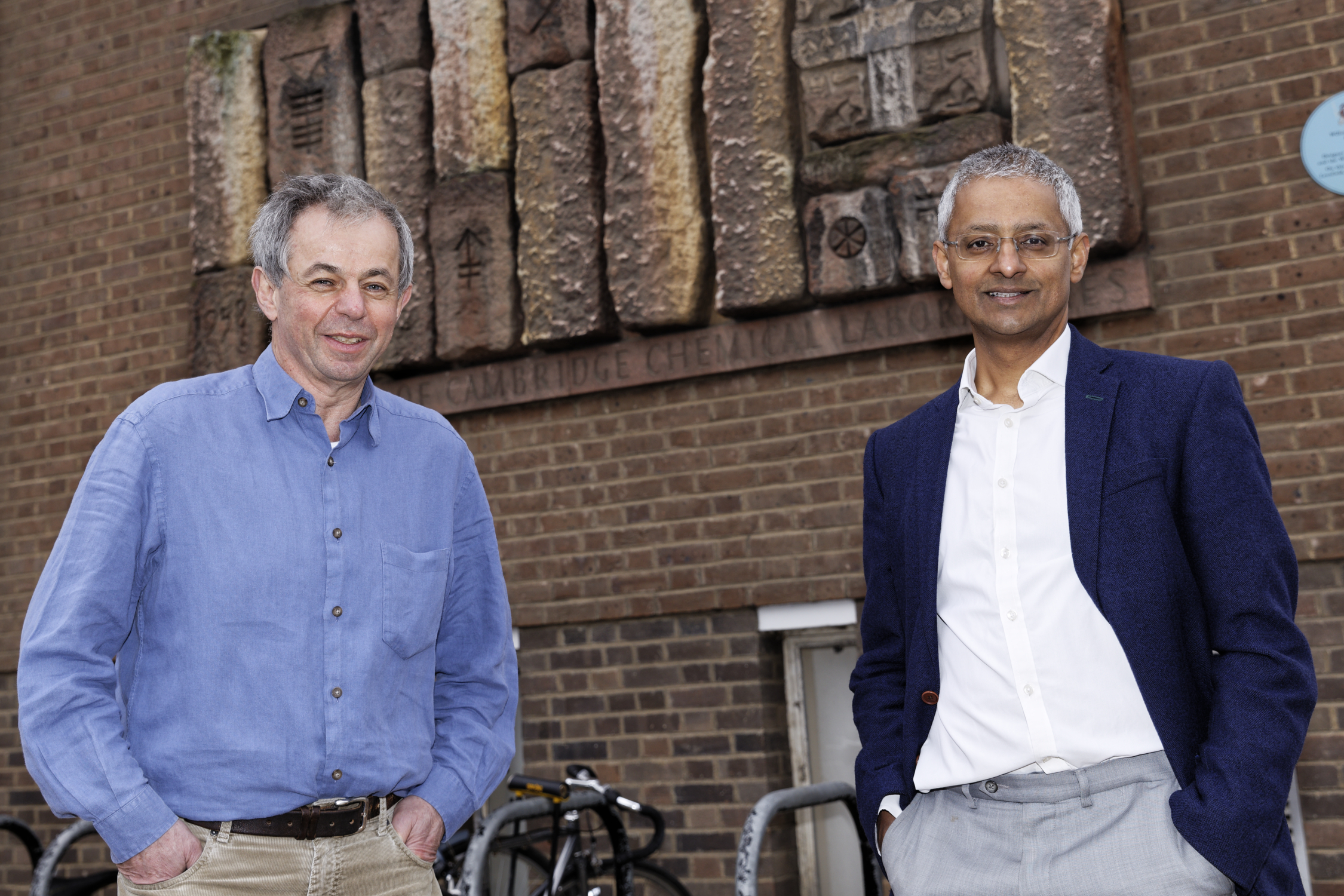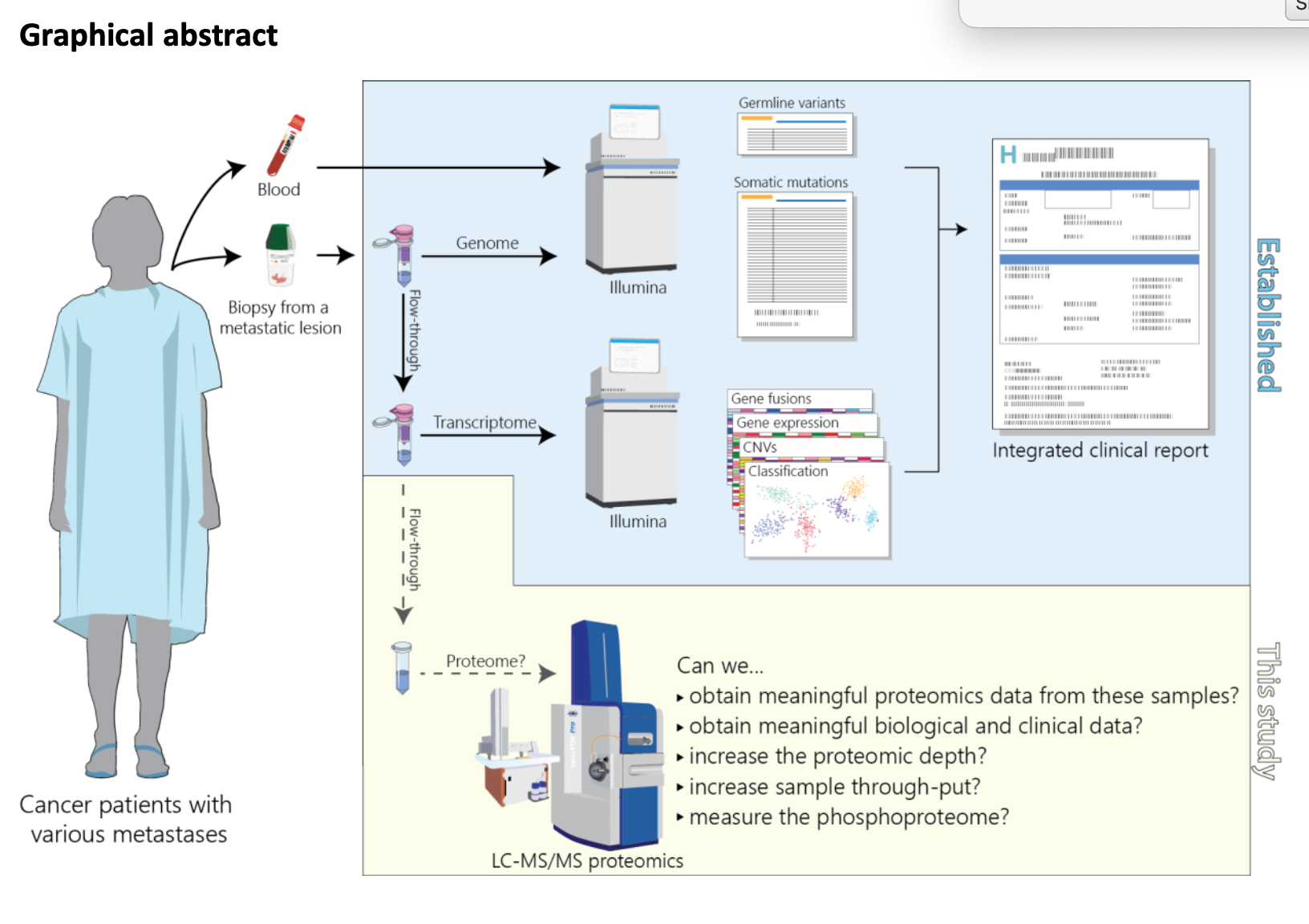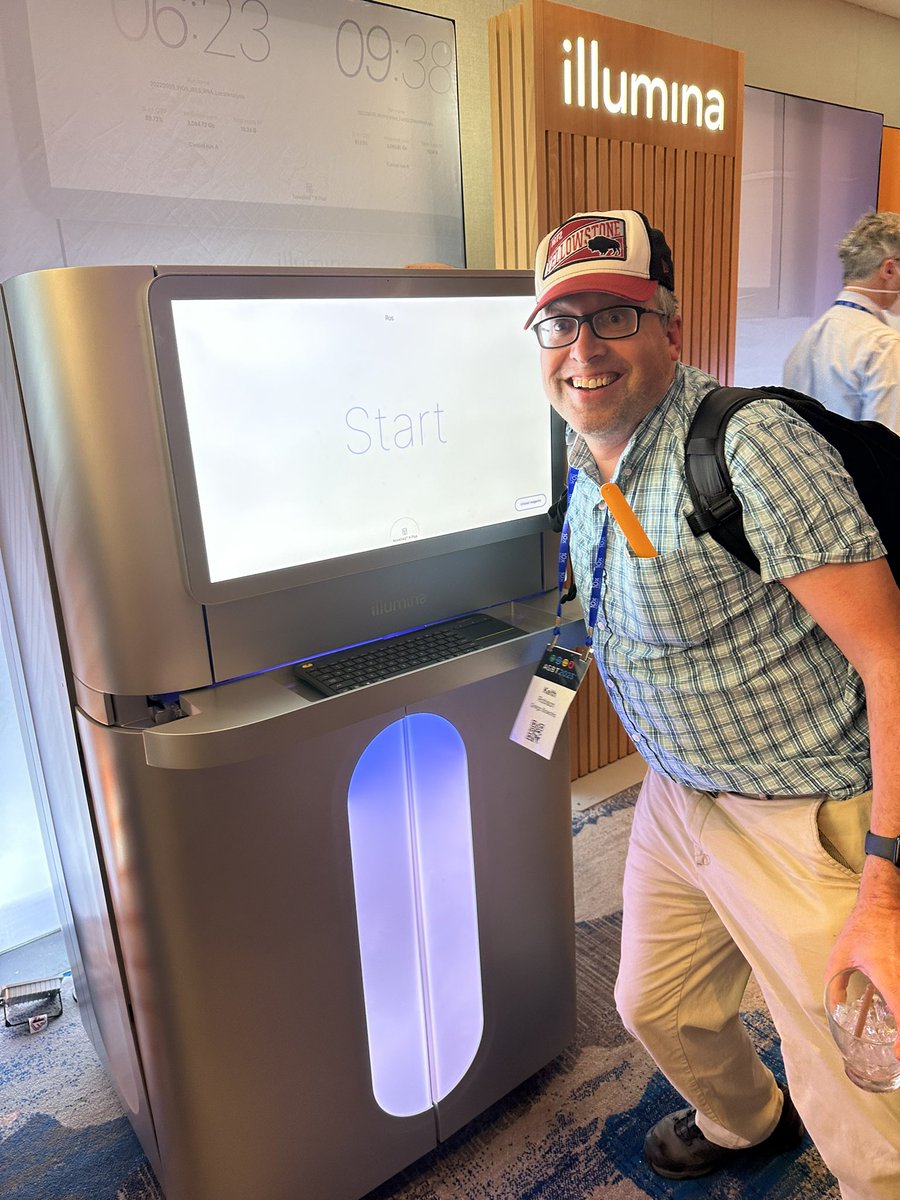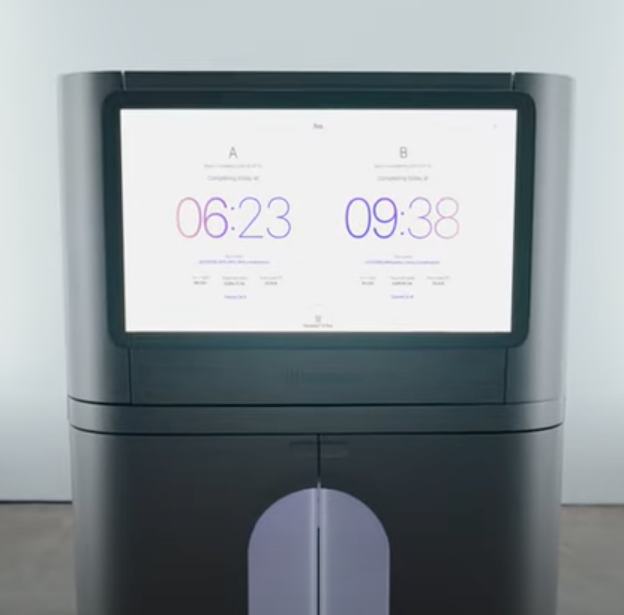For me one of the top talks at #AGBT17 was in a concurrent session. Theodore Davis from New England Biolabs presented “APOBEC-Seq: An enzymatic method for methylome analysis at single-base resolution without bisulfite treatment.”
His talk focused on some of the cons of using sodium bisulfite sequencing for methylation in epigenetic studies; primarily the fact that bisulfite treatment is very harsh and reduces the amount of DNA that makes it through to a final sequencing library. Ultimately this reduces the ease at which DNA methylation studies can be completed.

NEB APOBEC for DNA methylation analysis
He presented data on NEB’s novel bisulfite-free, enzyme-based method for methylome analysis using APOBEC3 cytidine-deaminase. Because the harsh chemical treatment of bisulfite is avoided as little as 1ng of DNA can be used and still result in high yields of sequencing library.
Data in his talk showed that it is possible to distinguish methylation and hydroxymethylation using the APOBEC3 enzyme. And that their method outperforms bisulfite in three key metrics for epigenetic analysis of DNA methylation:
- discrimination between the epigenetically relevant modifications 5mC and 5hmC
- more accurate identification of 5mC and 5hmC due to a higher rate of C to U conversion
- more even coverage across the genome
Until the kit is launched and in the hands of users it will not be possible to confirm the data in Ted’s talk. It will be important to verify how efficient the enzymatic methods are, or what the negatives are compared to chemical methods. But I’m excited to see how this works compared to the methods we’ve been using for years. Especially as this may be easily translated to single-cell methylation analysis.
NEB are still finalising the commercialisation of this technology so watch out for its launch.








[…] APOBEC-Seq for DNA methylation without the bisuflite […]